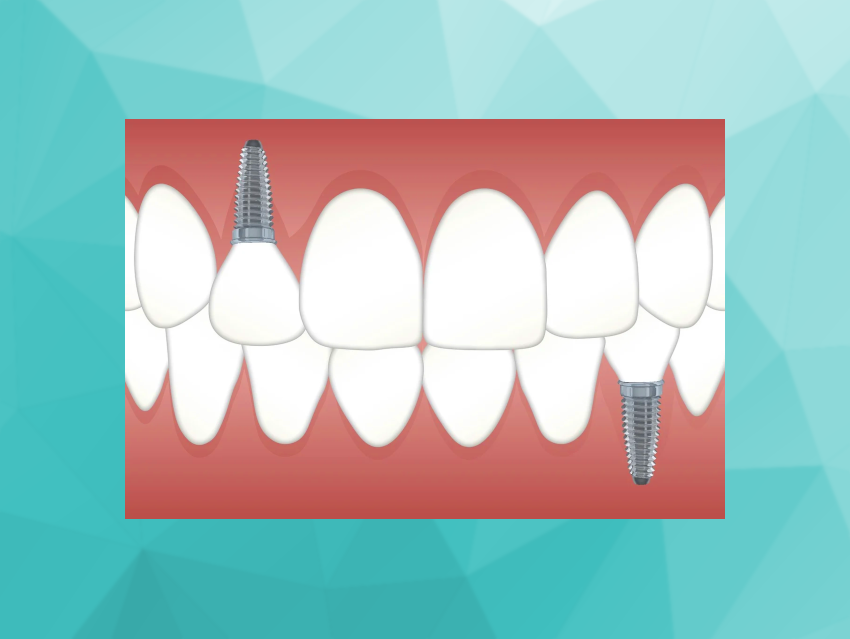Carbon-based nanomaterials have a wide range of possible applications. In the biomedical fields, they can be useful, e.g., in drug delivery systems, sensing, or antimicrobial materials. Carbon nanohorns (CNHs), for example, are horn-shaped aggregates of graphene sheets. A single carbon nanohorn looks similar to an ice cream cone, and the nanohorns can aggregate to form flower- or bud-like structures.
Dental implant treatments can be used to replace missing teeth. However, inflammation of the tissue around the implants (peri-implantitis) is a common complication. This inflammation can lead to loss of supporting bone around the implant, and severe cases of peri-implantitis can cause implant loss. The development of effective treatment options for this type of inflammation is, thus, an interesting research target,
Eri Hirata, Yuta Takano, Hokkaido University, Sapporo, Japan, and colleagues have developed an antibacterial conjugate based on carbon nanohorns that can be used for the near-infrared (NIR)-light mediated treatment of peri-implantitis. The team prepared CNHs via laser ablation of a pure graphite target. The nanohorns were then aminated using a sonication method. Then they were reacted with a π-extended porphyrin-type NIR photosensitizer (rTPA) via an amide condensation between the amine groups on the nanohorns and the carboxylic groups of rTPA, using DMT-MM (4-(4,6-dimethoxy-1,3,5-triazin-2-yl)-4-methyl-morpholinium chloride) as the condensation reagent.
The resulting conjugates (CNH-rTPA) showed a significantly higher photostability than indocyanine green, which is commonly used for NIR-based photodynamic therapy. The conjugates generate singlet oxygen from oxygen molecules under irradiation with NIR light, which can kill bacteria. The team found that the functionalized nanohorns have good antibacterial activity against Aggregatibacter actinomycetemcomitans, a pathogen commonly involved in peri-implantitis, under NIR irradiation. According to the researchers, the developed approach could be a promising alternative to conventional treatment methods against peri-implantitis.
- An antibacterial conjugate of carbon nanohorns for NIR-light mediated peri-implantitis treatment,
Eri Hirata, Yuta Takano, Daisuke Konishi, Yukari Maeda, Natsumi Ushijima, Masako Yudasaka, Atsuro Yokoyama,
Chem. Commun. 2023.
https://doi.org/10.1039/D3CC03128D




